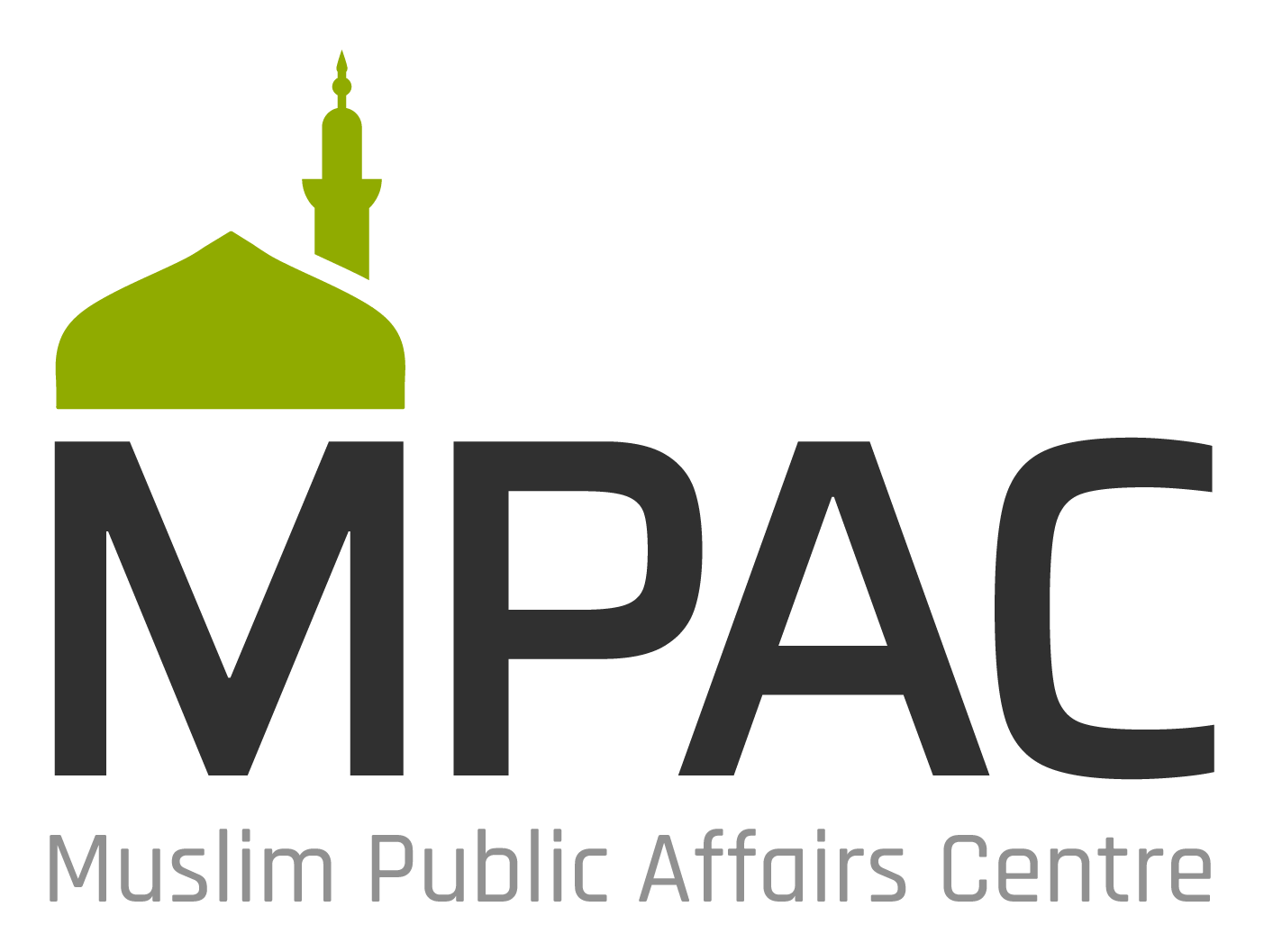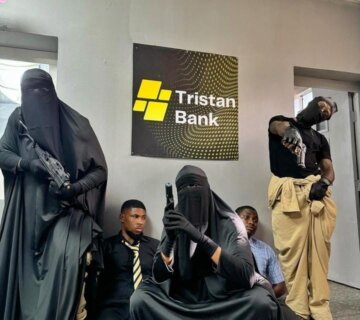Press Release: FOR IMMEDIATE RELEASE
MPAC Hails The Quashing Of Amina’s Sentence
|
Muslim Public Affairs Centre hails the decision of the Katsina Islamic Court of Appeal to quash the conviction of Amina Lawal who was sentenced to be stoned to death for allegedly engaging in sex outside of marriage. The panel of five judges cited procedural irregularities that contravened Islamic legal rules. Various sharia law authorities were cited by Khadi Ibrahim Maiguwa Umar to buttress the judgment of the Court of Appeal. While this case does not free Amina of liability for the crime she was accused of nor resolve the existing controversy about whether Shari’ah and more specifically, Hudud punishments (amputation, flogging, stoning) should be institutionalized in Nigeria, it does highlight the fact that an Islamic legal system is sufficient and capable of ensuring justice for all accused persons, even in a matter of life and death. In its substance and in the name of the court issuing it, the opinion was based on Islamic legal rules. This is crucially important for both Muslims and non-Muslims to keep in mind. Muslims need to be aware that this overruling does not represent some sort of secular dismissal of Islamic law and values. Rather, it is an internal Muslim legal review of the accuracy and propriety of punishments carried out in the name of Islam. Those inclined to protest the decision as “un-Islamic” must consider whether they oppose the result or oppose the reasoning leading to the result. Both issues upon which the acquittal were based are core issues of Islamic criminal justice, namely, the willingness of the confession and the possibilities of gestational period known in Islamic law as the “sleeping fetus doctrine”). For non-Muslims this case challenges presumptions that Islamic criminal law inherently and always violates western human rights norms. As illustrated by the Lawal ruling and earlier adultery cases in Nigeria , there are numerous safeguards within Islamic jurisprudence to empower the law to serve the greatest public good. Indeed, in Hudud cases, the overriding principle has always been to avoid punishment if there is any indication of doubt – a principle successfully upheld in this most recent case. All those concerned about the oppressive impact Islamic law may have in Muslim countries should praise this ruling, and be happy that it is issued from a court sworn to uphold Islamic law. When global human rights activists, and especially people of different faith systems, oppose the idea of Islamic law altogether, this only serves to create extremist opposition to what is perceived as a new colonialism. This is why, in the midst of international human rights appeals for action to help Amina Lawal, her own lawyers pleaded with the world to stop the international secular pressure, as it only made their appeals to the Islamic courts more difficult. Rather than blindly opposing Islamic law as a whole, we look forward to the day when well-meaning activists of different faith learn to be more specific in their concerns, identifying the exact impact of Islamic law which concerns them, and work with Muslims utilizing Islamic jurisprudential tools to allay fears and correct perceptions. Maybe, when that day comes, they will also see those aspects of Islamic law and belief which actually empower women and men and command Muslim citizens to be fair and just towards their brethren, and likewise to their non-Muslim fellow citizens. On a related note, MPAC is very disappointed by claims made by Women Advocates Research and Documentation Centre (WARDC), through its Programme Officer, Titi Salam, condemning what the group describes as ‘the gender bias in the judgments and attitude of the Sharia court in Nigeria’. MPAC abhors this kind of unguided statement capable of fostering stereotypical mindset among the public. This type of bogus claim illustrates the depth of misunderstanding and confusion that has darkened those who claim to belong to the right activist community in Nigeria about Islam. Beyond mere condemnation, MPAC is urgently calling on all well meaning organizations to initiate robust debate and discussion around this and similar issues. It brings upon us great shame if our press statements on religious legal issues will continue to be based on mere perceptions and assumptions. Islam is gender neutral on imposing it penalties and there are no two sets of laws for men and women in criminal cases. Islam recognizes that man is not free to do as he pleases; rather he is always subject to rules and laws. These rules and laws are either the ones that men have created, or they are the ones that Allah (SWT) has given to man. Muslims realize that the rules and laws of men are flawed, and that Allah (SWT) is the only One Who is competent, and has the right, to legislate for mankind. As such, Muslims adhere to the guidance of Islam which is embodied in the Shari’ah. The real challenge for any government wanting to implement Shariah is that the details of the law (both the spirit and the letter) must be adhered to so that, as Shariah mandates, the rights of all citizens, regardless of their religion, are upheld and respected at all times. Muslim Public Affairs Centre, Nigeria |







No comment